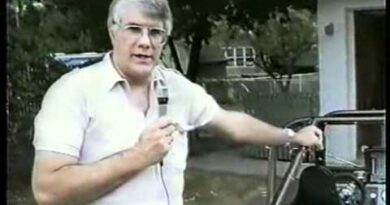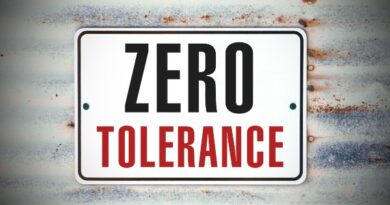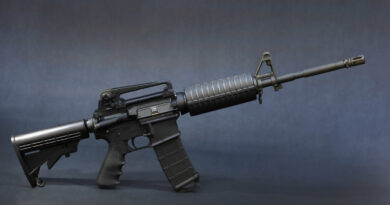Was Aaron Salter Jr. killed by a shooter because he was working on creating a water-powered car engine?
Part 1
It was a historically terrible day when anarchy and mayhem erupted in Buffalo on May 14, 2022. Ten innocent people were shot and killed at Tops Market by a disturbed individual who allegedly radicalized through social media. Moreover, three people sustained injuries. The shooter, identified as 18-year-old Payton S. Gendron, admitted to the shootings in a court of law; however, I do not think that admitting guilt will bring any solace to the victims and their families. Another way of putting it is that we are unable to turn back the hands of time and bring back those people who were taken away from us. This is a goal that we would like to achieve, but it goes against the natural laws that govern the cosmos and nature.
The victims are the ones who are carrying the heaviest burden, and the city of Buffalo as a whole is still mourning the loss of life. Unresolved emotions are still present at the barbershop in the neighborhood, and new questions concerning the reasons behind the shooting have not yet been answered. In the course of waiting for a haircut, there are times when a head will emerge from behind a magazine, and some of the individuals will express their thoughts. However, not all opinions are the same, and some people dare to speak unconventionally. Those who believe in conspiracies (or are critical thinkers) refer to the shooting as a “hit,” and they believe that those who were killed were victims of collateral damage.
Aaron Salter Jr., a former lieutenant with the Buffalo Police Department, was working as a security guard when he courageously confronted Gendron. Unfortunately, Salter passed away while attempting to protect others after his courageous confrontation. In my opinion, Salter is a hero. However, with that being said, some believe that Salter was murdered because of his invention to fuel cars with water electrolysis, which breaks water down into hydrogen and oxygen to use the hydrogen as fuel. Are we able to believe this theory? It’s a long shot; however, remember Stanley Meyer and his untimely death in 1998?
Were two men sacrificed to save the world economy from collapsing?
Stanley and Salter share something in common: both were intellectual inventors of a water-powered fuel cell for car engines. That is correct—a fuel cell engine that runs on water instead of petroleum (gasoline). If it were to be brought to market, it would result in the loss of thousands of jobs and billions (possibly trillions) of dollars in revenue. Is it possible that both of these men were sacrificed to prevent the oil industry from collapsing because the oil industry could not afford to suffer such a massive loss? Moreover, the governments of the world would suffer a loss of billions of dollars in tax revenue, and thousands (if not millions) of layoffs would be unavoidable. If that engine became a reality, families would suffer (due to the loss of jobs), suicide rates would be at a historic high, and the market would probably collapse.
Some say It’s true that Salter was working to power vehicles with water. But there is no evidence that work made him a target in a mass shooting. Really? Could it be that the shooting was an attempt to divert attention? Please, for the next minute, keep an open mind and do not make the mistake of kicking the dog just yet. However, to divert attention away from the “hit,” the shooter killed other people. If the shooter had only killed Salter, then this would undoubtedly be cause for apprehension, and more would probably easily agree (without hesitation) that Salter was the sole target—a hit!
We know the shooter surveilled Tops, and according to the local news, he even spoke kindly to shoppers the day before the shooting. Why did he choose not to enter Tops that day and start blasting? Was Salter working that day (May 13, 2022)? I do not know, and maybe someone will leave a comment to substantiate and answer that question.
Meyer, his brother, and two potential investors from Belgium were having lunch at a Cracker Barrel on March 21, 1998. Meyer was also sitting with his brother. The four clinked their glasses to toast their commitment to uplifting the world, but after taking a sip of his cranberry juice, Meyer clutched his throat, sprang to his feet, and ran outside. Rushing after him, his brother Stephen found him down on his knees, vomiting violently. He quickly mumbled the words “They poisoned me” before he passed away.
Part 2 will be published shortly.





